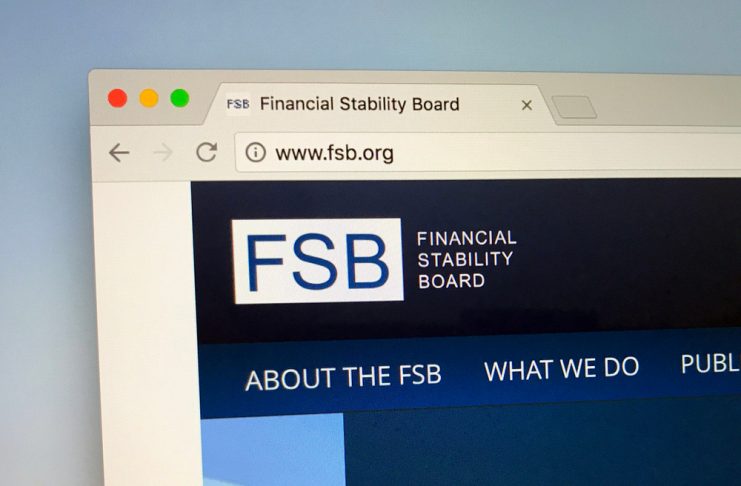Cryptocurrencies are getting more attention every day, it seems, as the Financial Stability Board (FSB) announced on Monday that it had put together a standardized framework with which to monitor cryptocurrency assets.
This body was called upon by the G20 Ministers of Finance and the Central Bank Governors to report by the end of July on the work of standard-setting bodies (SSBs) on cryptocurrency assets. Per this request, the FSB collaborated with the Committee on Payments and Market Infrastructure (CPMI) to develop a “framework and identified metrics to monitor the financial implications of crypto-assets markets,” according to the FSB.
It also stated that CPMI has been doing a lot of work concerning blockchain technology and is monitoring and conducting an analysis of payment innovations. Along with this, the International Organization of Securities Commissions (IOSCO) has been looking into initial coin offerings (ICOs) and has created a consultation network to discuss concerns related to these offerings and how best to regulate the space. There is also work being done by the Basel Committee on Banking Supervision (BCBS) to make judgments on the exposure of banks to the cryptocurrency markets, and decide whether this exposure, whether direct or indirect, will be detrimental to the banking industry.
“The objective of the framework is to identify any emerging financial stability concerns in a timely manner. To this end, it includes risk metrics that are most likely to highlight such risks, using data from public sources where available,” according to the FSB. These metrics will include market cap factors such as the size and rate of growth, as well as things like price levels and the volatility of the cryptocurrency market.
As of now, the FSB doesn’t believe that crypto-assets pose any material threat to global financial networks, but it believes that these assets will need to be watched closely as these markets grow. For this reason, the newly developed framework for monitoring these assets will relate to short to medium-range metrics, whereas others that would take longer to observe and implement may be put in place should the need arise.
The FSB is also concerned about the effect of speculation on the volatility of the markets, but admits that this will be something challenging to monitor and measure “… except through qualitative market intelligence.”
Previous work by the FSB included an analysis of ICOs, the rapid development of the crypto markets, and a problem with transparency around things like the identity and location of coin issuers and the fragmented nature of blockchain and crypto assets in general.
It admits that its metrics are based on public data and that the quality of its analysis is consequently subject to doubt and “… might not always be satisfactory.” It says that market-related figures could also be manipulated by “generally prohibited practices” like spoofing, wash trading, and pump and dump practices. It notes that the existence of such practices within the market cannot be ruled out, and cautions that these metrics will need adjusting in order to analyze the data effectively.
Image(s): Shutterstock.com




